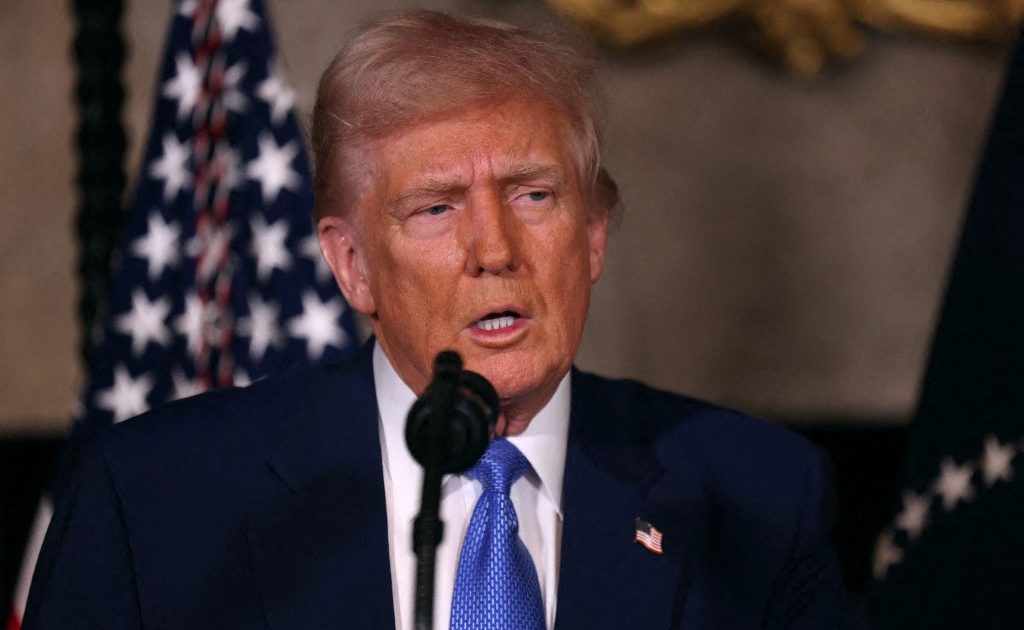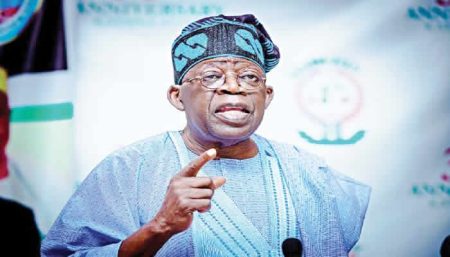The Looming Specter of US Auto Tariffs and Their Potential Impact on Nigerian Vehicle Imports
The international trade landscape is bracing for potential upheaval as US President Donald Trump signals his intent to impose substantial tariffs on imported automobiles, semiconductors, and pharmaceuticals. This protectionist stance, aimed at bolstering domestic industries and addressing perceived trade imbalances, has sparked concern among trading partners and businesses reliant on international commerce. The proposed auto tariffs, hovering around 25%, represent a significant increase from current levels and could trigger retaliatory measures from affected nations, escalating trade tensions and potentially disrupting global supply chains. Nigeria, a significant importer of US vehicles, stands to be particularly affected by these developments.
The rationale behind Trump’s proposed tariffs rests on his assertion that the US is treated unfairly in international trade, particularly in the automotive sector. He points to the European Union’s 10% tariff on vehicle imports, quadruple the US rate of 2.5%, as evidence of this imbalance. However, this overlooks the 25% tariff the US levies on pickup trucks from countries outside its free trade agreements with Mexico and Canada, a tax that significantly benefits American automakers. This selective focus on tariffs advantageous to the US while decrying those imposed by other nations underscores the complexity of international trade dynamics and the potential for unintended consequences arising from unilateral tariff hikes.
Freight forwarders in Nigeria, a key conduit for vehicle imports, have expressed apprehension about the potential impact of the proposed tariffs. With a significant portion of Nigeria’s vehicle imports originating from the US, any increase in prices due to tariffs would inevitably translate to higher costs for Nigerian consumers. This could dampen demand, impacting businesses involved in vehicle importation and sales, and potentially limiting access to vehicles for some segments of the Nigerian population. The ripple effects could extend beyond the automotive sector, affecting related industries and potentially contributing to inflationary pressures.
The European Union, a major trading partner of the US, has engaged in high-level discussions with US officials to address the looming tariff threats. While Trump has claimed the EU has signaled its willingness to lower tariffs on US cars, EU lawmakers have denied such an agreement. This discrepancy highlights the delicate nature of the negotiations and the potential for miscommunication or misinterpretation to further complicate matters. The EU’s response to the proposed tariffs will be critical in determining the trajectory of transatlantic trade relations and the broader impact on the global trading system.
Beyond automobiles, Trump’s proposed tariffs also target the pharmaceutical and semiconductor industries, both strategically important sectors with complex global supply chains. While the specific details and timing of these tariffs remain unclear, the prospect of increased duties on these essential goods raises concerns about potential disruptions to supply, increased costs for consumers, and potential negative impacts on innovation and technological advancement. The administration’s stated goal of encouraging domestic production in these sectors through tariffs presents a complex trade-off between protecting domestic industries and maintaining access to globally competitive products.
The proposed US tariffs represent a significant departure from the established norms of international trade and have the potential to ignite a trade war with far-reaching consequences. The interconnectedness of global markets means that unilateral actions by one nation can have cascading effects on others, potentially undermining the stability of the global trading system. The ultimate outcome of these tariff threats remains uncertain, but the stakes are high for businesses, consumers, and governments around the world, including Nigeria, which relies heavily on international trade for its economic well-being. The coming months will be crucial in determining whether diplomacy and negotiation can avert a trade conflict or if the world is headed toward a period of increased protectionism and trade tensions.














